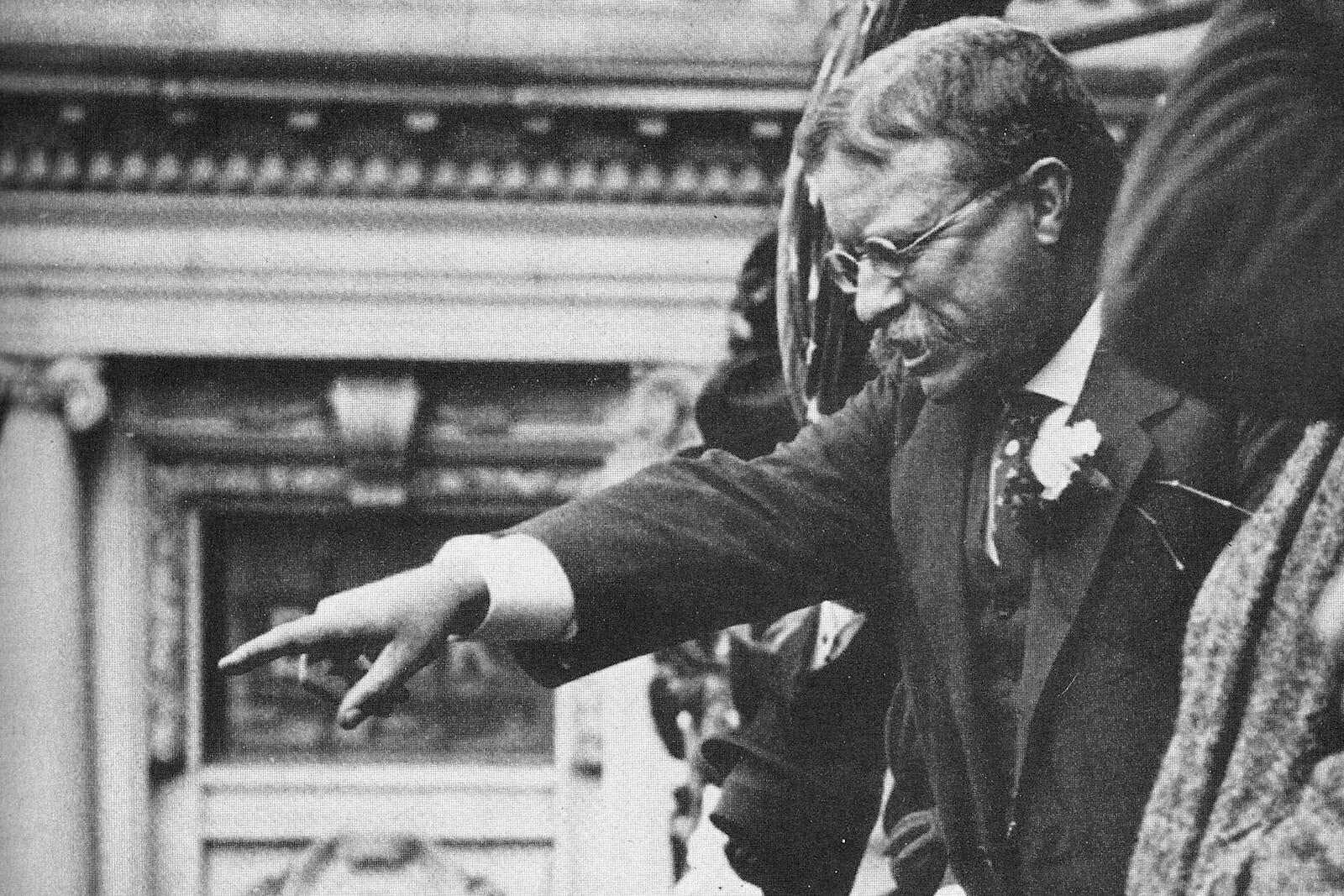
Tech
The Internet and Modern Trust Busting
Just over a century ago Theodore Roosevelt was known for many things, including breaking up large corporations and thus he was labeled a ‘trust buster.’ He saw the power of large corporations as a threat to the public and knew if they were allowed to grow too large they would achieve uncheckable power and have undue influence over politics and the direction of the nation. His insights have proven true over the subsequent century. Years later President Eisenhower warned of the Military Industrial Complex, an unofficial conglomerate of arms producers, exerting their influence on the military and the government.
Although it seems too late to trust-bust influential corporations and sectors of our economy, an unsuspected and influential counter-force has emerged and it is surreptitiously subverting the consolidated powers that grew out of the 20th century. This counterforce is the Internet. The Internet, largely known for its abundance of cat videos and how-to lists, has become a vehicle for distributing economic power.
Distributed Media
The mass media, used to be represented by the three major networks, CBS, NBC and ABC and the more recent addition of FOX who must now share broadcasting with smaller outlets as well as point-of-production broadcasts from individuals, who have the ability to not merely broadcast, but promote through the Internet. This allows people to compete on a broad base with conventional media sources. Of course the legacy networks and their providers have a head start, more resources and a captive audience. Recent phenomena like Occupy Wall Street, DAPL and the Women’s March have shown the power of distributed media.
The consolidation of media and corporations is the threat that Roosevelt envisioned and has come to include not only the corporate ownership of the networks themselves, but the vehicles through which the networks broadcast. NBC isn’t merely NBC anymore. Comcast, Telemundo, MSNBC and CNBC, the Golf Channel etc. are under its umbrella. ABC includes the Walt Disney Corp. ESPN, Lifetime and more. CBS includes Time Warner Cable, which is CNN, TNT (all the Turner networks) as well as NBA TV, HBO, the Cartoon Network and more.
These companies have consolidated power over the years and have major corporate interests. Because of this, there is an implicit censorship which may include redacting information and suppressing stories, ignoring or under-reporting stories that might challenge their interests in favor of choosing news and cover stories that are friendly to their corporate interests. The DAPL (Dakota Pipeline) story, for example, was rarely seen on network news. However, through the Internet and its distributed source of reporting people around the world were made familiar with this story.
Because of Twitter and other social media outlets, a news story can be broadcast by anyone, anywhere, simply by using their smartphone. In effect, this distributed power has the effect of ‘trust-busting’ without having a president who is actively breaking up the trusts. The Internet provides an organic method to work around corporate overgrowth without having to legislate them out of existence. So instead of breaking up media conglomerates, people simply use their power by involving themselves in the process of reporting which renders the mega-corporate interests less and less significant in presenting the news.
Buying and Selling
This distributed method of trust busting extends into the consumer world as well. Not long ago, if you wanted to buy a plane ticket, you had to go through a control point, like a travel agent or overpay by buying directly from a specific airline. Now you can shop online, buy direct or through companies who curate data so that you can compare and buy the best possible travel package that fits your needs. If you wanted to buy a concert ticket, you had to buy a ticket from the venue. Now you can purchase tickets through agents like Ticketmaster. But now, the evolution of ticket-buying is bypassing even modernized distributed methods like Ticketmaster. Even the distributed method is becoming more distributed.
If you are an author you needed an agent and a publishing company. Now you can publish directly and have your book delivered, distributed and even advertised through companies like Amazon and Barnes and Noble which provide access to the world market. If authors want to sell physical books, have a book signing event or simply sell out of a car trunk, cash is no longer the only option. Companies like Square allow for point of sale transactions for credit and debit cards with mobile devices that have removed the need for brick and mortar storefronts and expensive equipment.
Due to the enormous distributed power of the Internet, the threat of consolidated power has a new solution. Instead of trust busters like Theodore Roosevelt, people can simply report the news with their mobile devices, buy and sell to and from each other and communicate on a broad based level. The key is understanding that we have the power at our fingertips. Yes, giant mergers create corporations with capital advantages, but that isn’t the end of the story. We must understand this, take advantage of it and enjoy the potential that is available. When we do, we return the power to the people.

